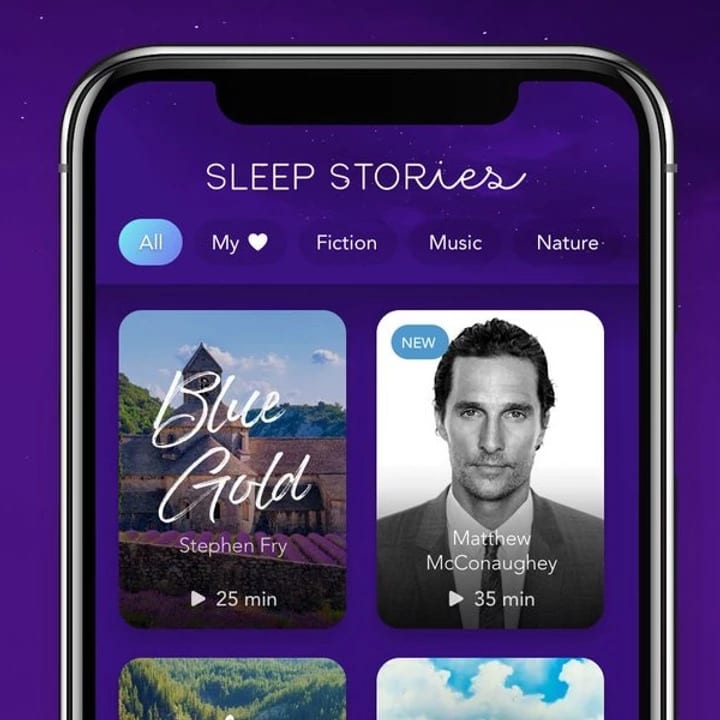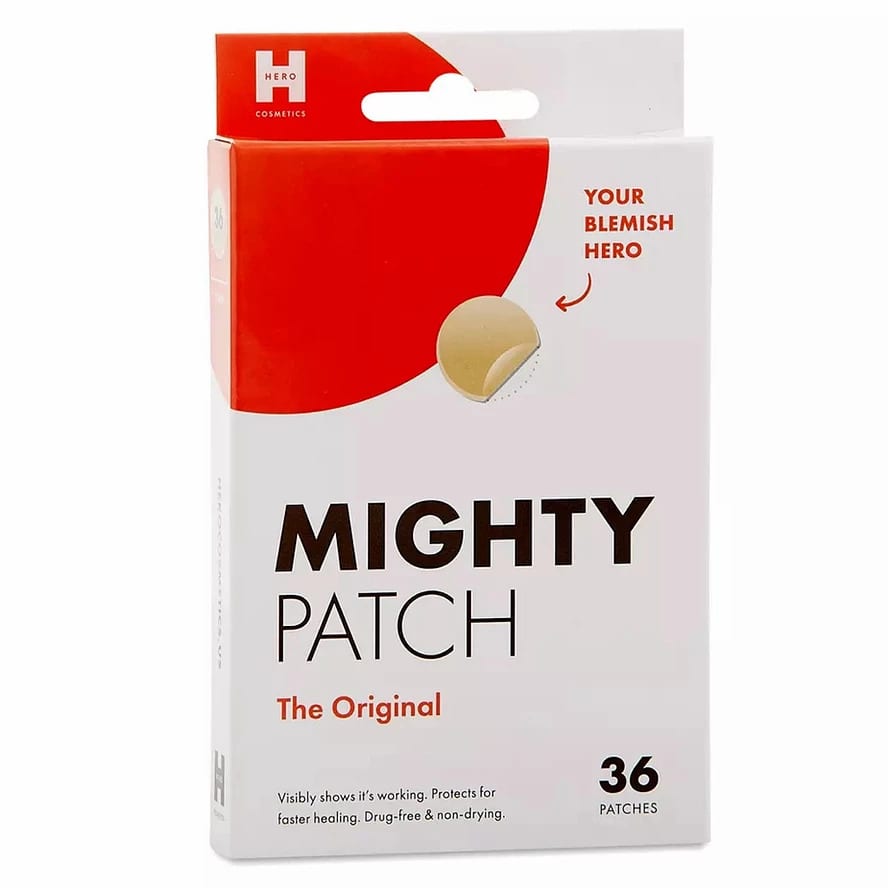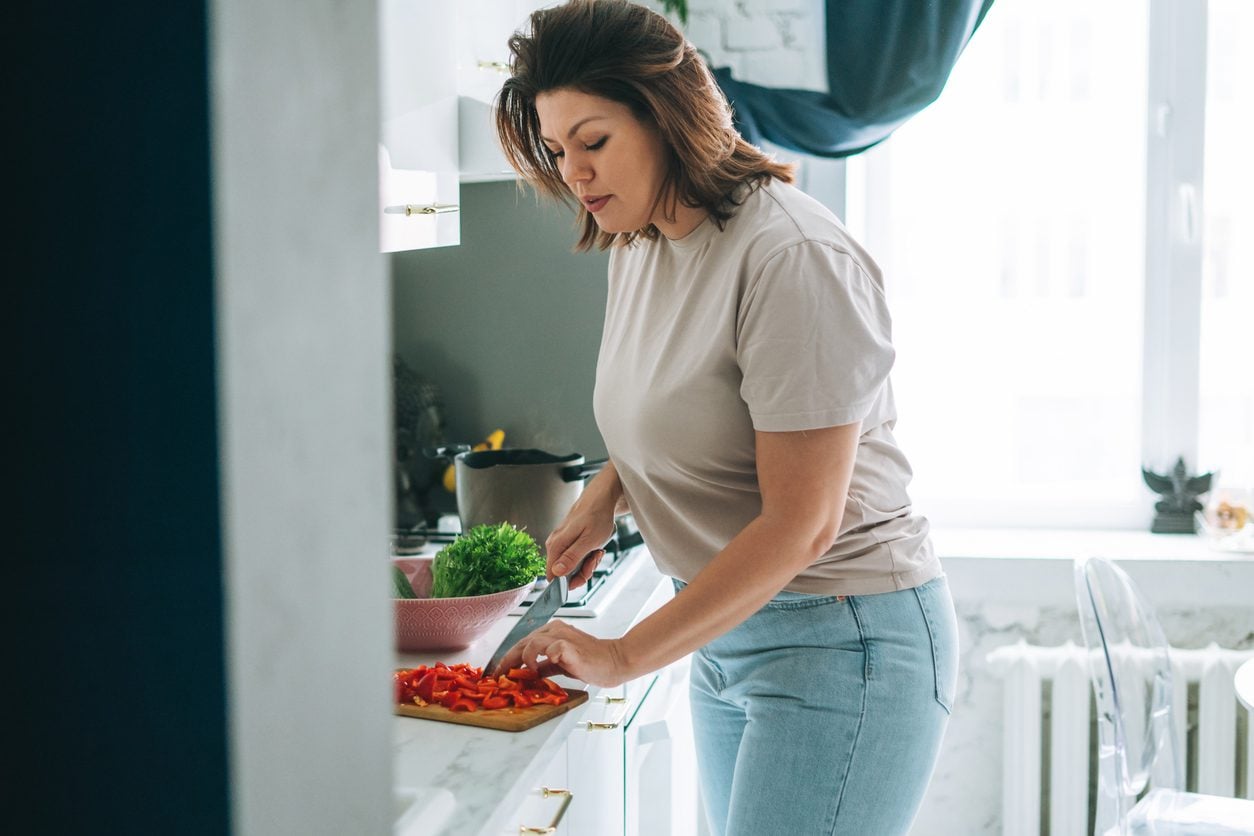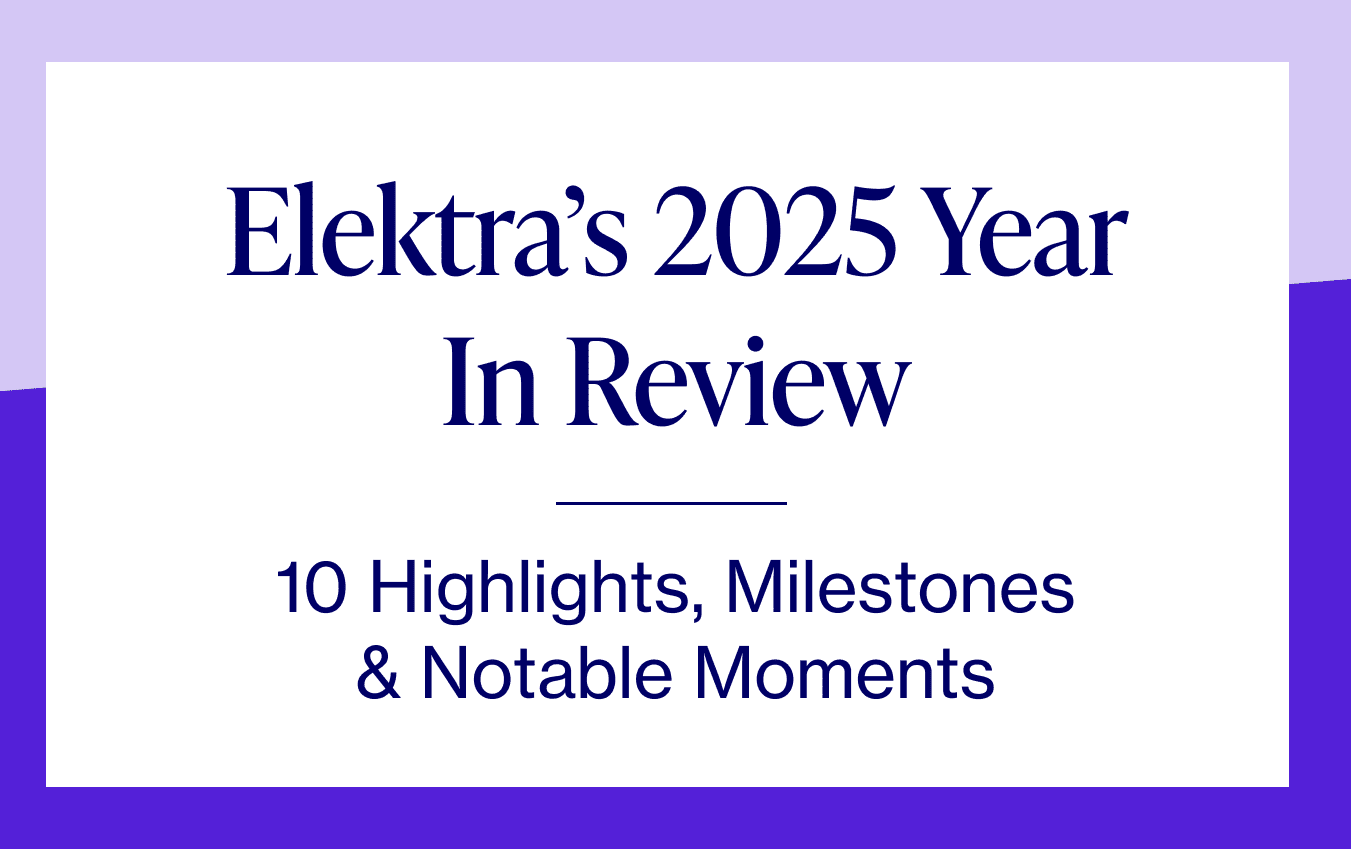
4 min read

"The secret of change is to focus all of your energy, not on fighting the old, but on building the new."
Dr. Anna Barbieri on reframing menopause in 2021
ï¸It’s January again. By now, the memory of the holidays seems quite distant, and I usually find myself immersed in day-to-day obligations and responsibilities, running from one item to the next on my neverending to-do list. Every year, I promise myself that I will make the next January different, that I will somehow gift myself a more reflective and spacious mindset, setting the tone for the year to come. Frankly, it has never happened: until now. In a strange turn of events, the pain of the multiple, immense changes in 2020 is actually allowing me the time to pause, think, and ponder, well… change itself.
As a gynecologist specializing in hormonal health, I think about major changes every day. Puberty, pregnancy, and menopause mark whole transformations in women’s lives. Each of these phases is quite radical, and the disruption from the previous norm can be challenging, both physically and emotionally.
Unlike puberty and pregnancy, whose negative aspects are considered well-worth our next life chapter, we tend to think of menopause more negatively, and mostly as an end of something to be missed: youth, fertility, energy, and, of course, skinny jeans. But what if we could rethink that?
What if menopause is a necessarily difficult transition because it’s what we actually need to grow into the next version of ourselves? Could we treat menopause like 2020? Although it was a year with much to complain about, we cannot reverse time and live in 2019 forever (I would prefer 1997 anyway, but that’s another story).
The seismic change of last year may just give us the push we need to reshape for the better. It is not possible to “go back to normal.” We must deal with the reality of now and use the pain we feel to propel us forward.

(January 2020)
“I just don’t feel like myself” are often the first words I hear when my patients ask for menopause guidance. But, these words barely scratch the surface of the experience for many women. Some symptoms are standard and well known: hot flashes, night sweats, dryness, and weight gain, for example. Some are not talked about as often, yet are the ones we feel in the core of our being: anxiety, self-doubt, loss of our sexual selves, and the surprisingly like clockwork 3 am awakening accompanied by an inexplicable sense of doom. One patient colorfully described her menopause as, “that feeling of a crumpled old dish towel that fell to the floor and no one even noticed.” No wonder that “I don’t feel like myself” often turns into “I’ll do anything to feel like myself again.”
To be clear, we are fortunate to have ways to deal with many admittedly unpleasant symptoms of this transition. Good nutrition, sleep, stress-reduction, and effective tools like hormone therapies, botanicals, supplements, and even acupuncture, can really make for a smoother ride and set us up for a healthier next few decades.
But, like with the busy checklists of my usual daily life, I am starting to think that we get so caught up in trying to control menopause, to suppress its signs by whatever means – that we miss its deeper meaning and the opportunity it presents. After all, life expectancy for women now stretches into our 80s – and menopausal transition may be a necessary chance to realize that it is time to rethink ourselves, to evolve again into a vibrant “new normal.” Perhaps striving to feel like our previous selves is not the goal. Rather, menopause is a call to action. Our own biological signal to, yet again, emerge from another life transition as slightly different, but no less flourishing, women.
So, this January, I am happy to add one giant, important item to my to-do list: experience a more positive, redefined, and purposeful sense of menopause for myself and the women I help. Change is hard, but there may just be a butterfly on the other side.
Dr Anna Barbieri is a board certified gynecologist in New York City.
She is the co-founder of TaraMD and the founding physician of Elektra Health.
At 47, she is no stranger to menopause herself.
WHAT WE’RE READING
You can finally put a condom on a banana from the comfort of your own home: remote learning is increasing the accessibility of sex education for both teens and adults.
The importance of movement as we age, stress around getting 8 hours of sleep, and why your desk chair could be public enemy no. 1.
A new menopause study suggests women with POI (premature ovarian insufficiency) may experience more severe menopause symptoms (especially psychological and sexual symptoms).
HEALTHY OBSESSIONS*

No, you’re not hallucinating: that is Matthew McConaughey. This app provides sleep stories (some of them narrated by celebs) along with meditation and mindfulness courses!

If you’re one of the many unlucky women experiencing hormonal acne in menopause, these stickers are surprisingly effective. Oh, how we wish they existed during our high school days…
* We’re not paid to feature these products. We just like them and think you may like them too.
KEEP CALM AND ELEKTRA ON…



